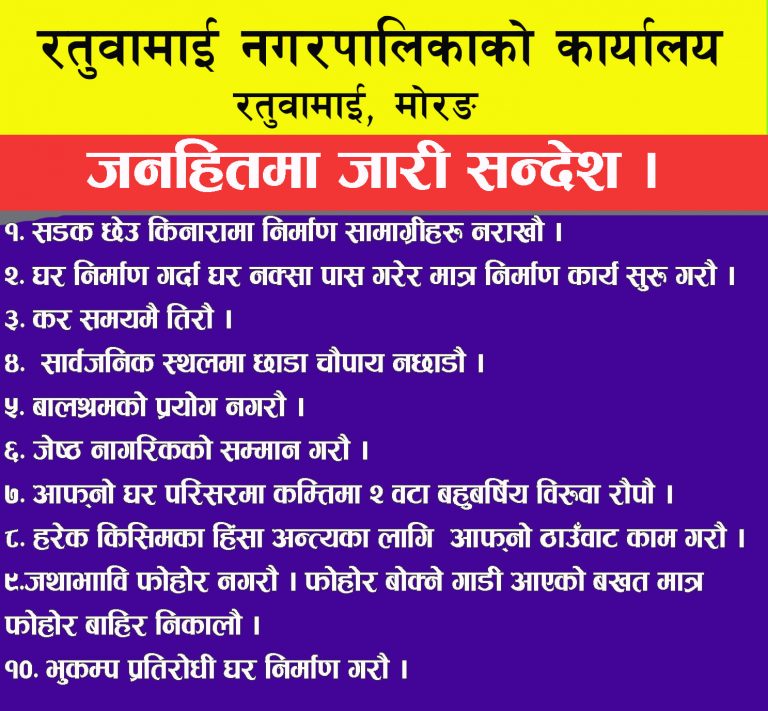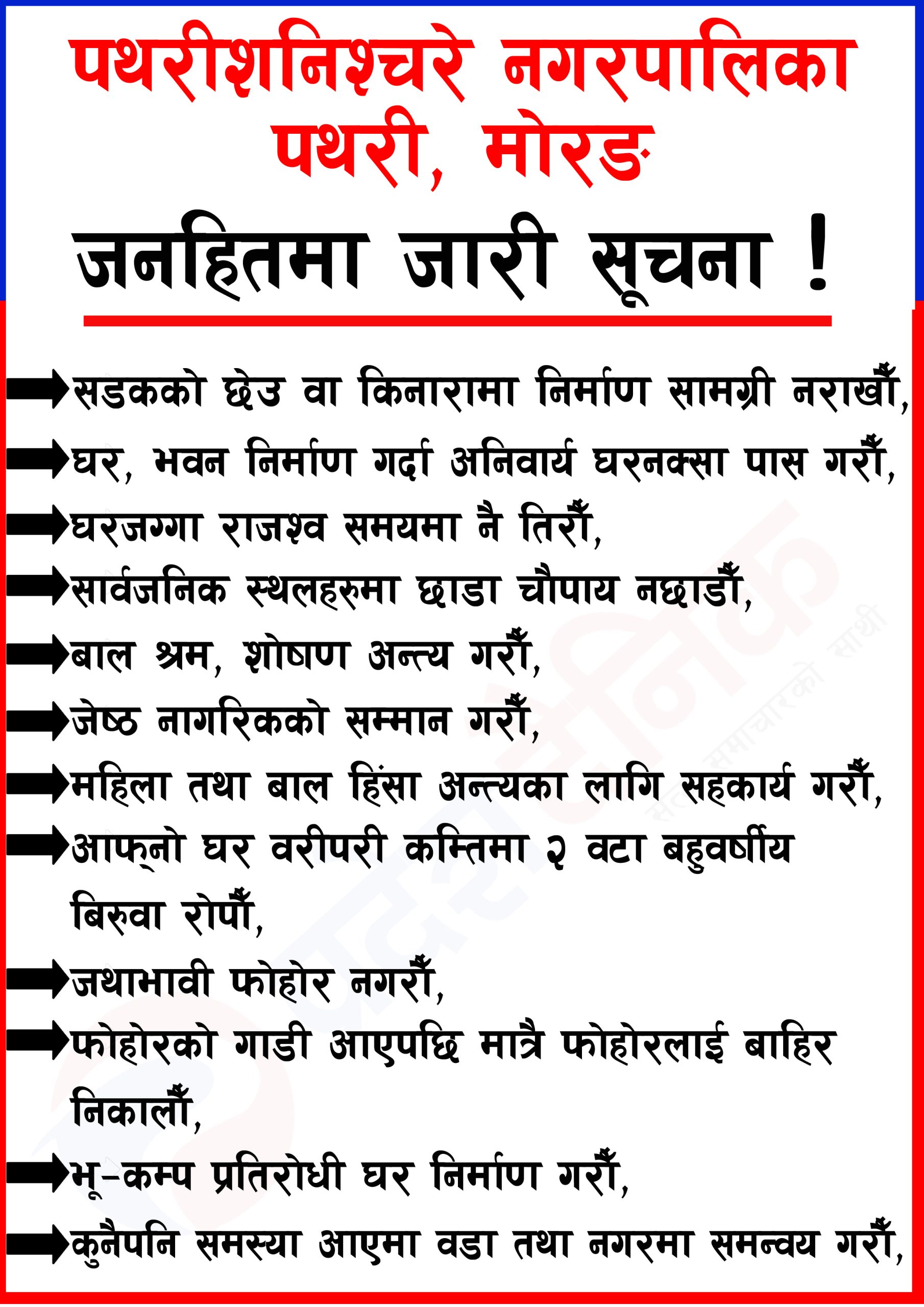Kathmandu, Nepal
Nepal, a country renowned for its breathtaking landscapes and vibrant culture, is also grappling with a grim reality – poverty, which has emerged as a primary driver of human trafficking within its borders. As the nation strives for economic progress, the issue of human trafficking remains a formidable challenge, casting a dark shadow on its development journey.
*The Alarming Connection*
Human trafficking is a global crisis that preys on the vulnerable, and Nepal is no exception. A recent study conducted by governmental and a non-governmental organization dedicated to combating human trafficking, reveals that a significant number of trafficking victims originate from impoverished backgrounds. Poverty is identified as a main contributor to the perpetuation of this harrowing cycle.
*The Poverty- Trafficking Nexus*
Poverty in Nepal takes many forms, ranging from limited access to education and healthcare to a lack of basic amenities such as clean water and sanitation. These factors have created fertile ground for human traffickers who lure unsuspecting victims with promises of a better life. Vulnerable individuals, often from rural and disadvantaged communities, are enticed by the prospect of employment opportunities abroad.
*Exploitation Beyond Borders*
Once ensnared, victims are subjected to various forms of exploitation, including forced labor, sexual exploitation, and organ trafficking. The traffickers, well-organized and connected across borders, exploit the desperation of the impoverished, leaving them trapped in a web of abuse and suffering.
*Government Response*
The Nepalese government, in recognition of the gravity of the situation, has taken several steps to combat human trafficking. These include the establishment of anti-trafficking units, stricter border controls, and the implementation of comprehensive awareness campaigns. However, experts argue that a more robust and sustained effort is required to address the root causes of trafficking – poverty and lack of economic opportunities.
*A Holistic Approach*
Efforts to alleviate poverty must be multi-faceted. This includes investing in education and vocational training programs, improving access to healthcare, and creating job opportunities in rural areas. By providing a glimmer of hope and economic stability, Nepal can reduce the vulnerability of its citizens to traffickers.
*International Collaboration*
The fight against human trafficking in Nepal also requires international cooperation. Cross-border efforts to apprehend traffickers and dismantle their networks are crucial. Neighboring countries and international organizations must work together to combat this heinous crime effectively.
*Hope on the Horizon*
While the battle against poverty-driven human trafficking is daunting, there is hope on the horizon. Many Organizations are working tirelessly to rescue victims, rehabilitate survivors, and raise awareness. The collective efforts of government, civil society, and international partners can help break the cycle of poverty and trafficking, ensuring a brighter future for Nepal.
In conclusion, poverty remains a stark reality for many in Nepal, making them susceptible to the clutches of human traffickers. As the nation strives for progress, addressing the root causes of poverty through education, healthcare, and economic opportunities is essential in the fight against this scourge. Only through concerted efforts and international collaboration can Nepal hope to eradicate the blight of human trafficking and secure a safer and more prosperous future for its citizens.














